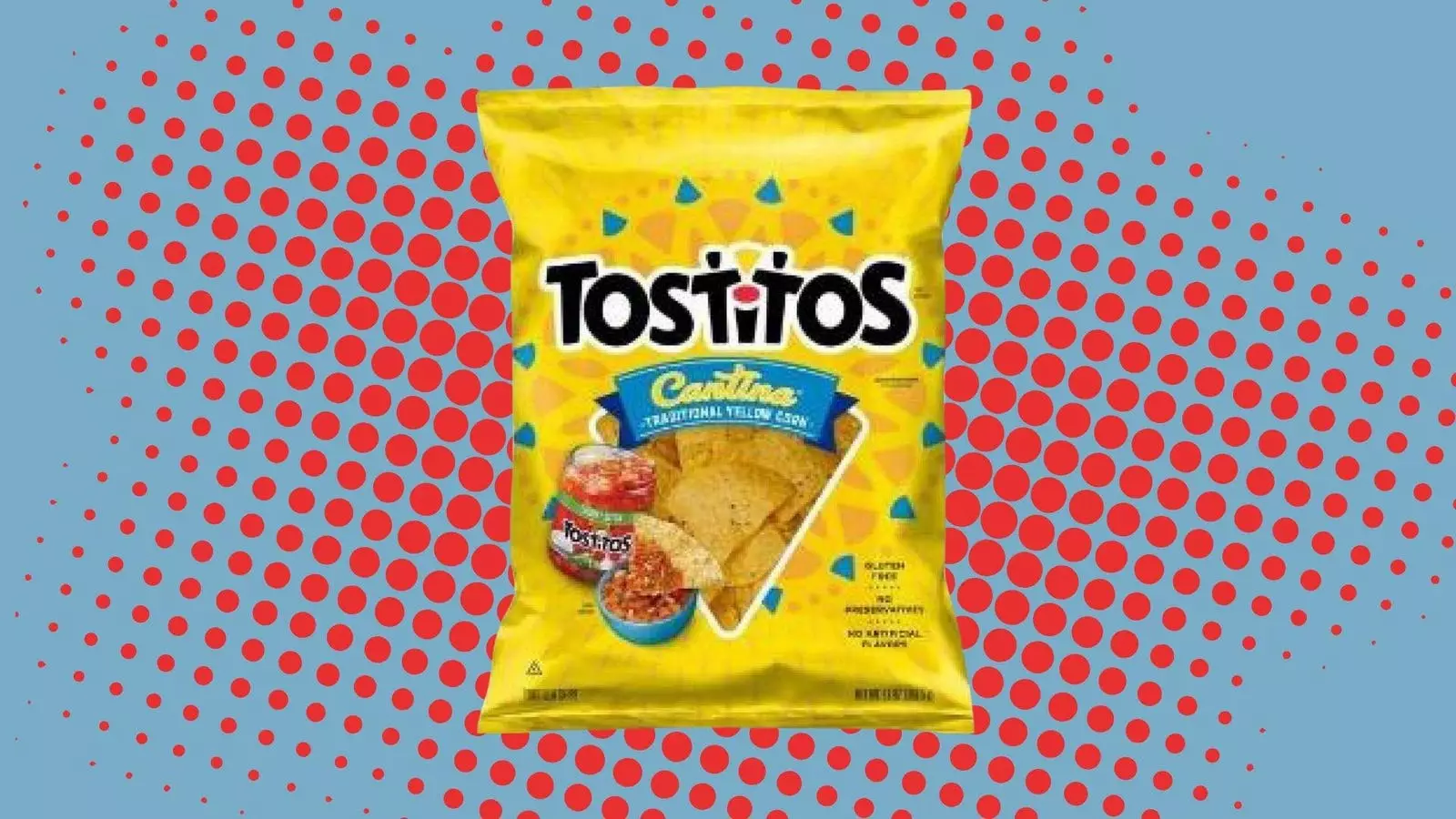In a stark reminder of how vital accurate food labeling is, Frito-Lay recently initiated a Class I recall for certain bags of Tostitos Cantina Traditional Yellow Corn Tortilla Chips. This recall has garnered significant attention not only because it falls under the most serious classification established by the FDA, but also because the circumstances surrounding it underscore a dilemma that many consumers face: the potential consequences of missing allergen information.
The Allergen Crisis
The crux of the issue lies in the discovery that a limited quantity of these chips may inadvertently contain nacho cheese-flavored varieties, which include milk—a critical allergen for many individuals. Approximately 1,300 bags were identified as part of this mix-up, raising critical safety concerns. For the average chip enthusiast, this may seem a trivial error; however, for individuals with milk allergies, this oversight can have dire implications, including severe reactions that may even result in hospitalization.
This situation highlights an urgent need for companies to prioritize transparency in their labeling practices. It is imperative that food manufacturers recognize that inaccuracies are not merely minor missteps, but actual risks that could jeopardize consumer health. Frito-Lay’s fast response to the problem, which included proactive notification to the FDA and removal of the affected products, certainly demonstrates an understanding of the gravity of their responsibility. However, what remains alarming is the lapse that permitted these incorrectly labeled chips to enter the market in the first place.
The Significance of Class I Recall
Understanding the parameters that classify a recall as Class I is essential in evaluating the seriousness of this situation. The FDA reserves this designation for instances where there is an imminent risk of serious injury or death linked to a product. In this case, it serves as a grave reminder of the stakes at hand—especially for those with dietary restrictions. The potential for allergenic reactions underscores the trust that consumers place in both manufacturers and the regulatory systems that govern them. Consumers who deal with food allergies navigate their grocery trips with meticulous caution; every label and ingredient carries significant weight. Therefore, breaches in labeling integrity can cause distress far exceeding a mere inconvenience.
Implications for Trust in Food Labels
It’s vital to consider the broader implications of such recalls on consumer trust. Although Frito-Lay has acted swiftly, the situation raises pressing questions about the overall reliability of food manufacturers. When a consumer picks up a bag of chips, they should be able to trust that the information printed on the label reflects what is contained within. This isn’t anecdotal; it translates into real-world consistency and dependability in food safety.
We live in an age marked by increasing awareness around food allergies, resulting in heightened consumer vigilance. Trust cannot be taken for granted. Companies need to establish robust systems that ensure every product shipped is accurately labeled. Failure to meet these expectations can damage credibility and ultimately affect sales.
A Call for Enhanced Food Safety Practices
This incident is not just a wake-up call for Frito-Lay but serves as a clarion call for the entire food industry. All manufacturers must engage in rigorous quality assurance processes that encompass all stages of product labeling— from initial ingredient sourcing to distribution. Greater collaboration with regulatory agencies, enhanced training for employees, and better communication with consumers can bolster safety measures.
Consumers require assurance that their safety is paramount—for their own livelihood and that of their loved ones who may be affected by food allergies. As we continue to navigate these complex dietary landscapes and the growing prevalence of food sensitivities, the burden is on companies to uphold the highest standards of quality and accuracy in their labeling. Instead of simply adhering to the bare minimum, food businesses must commit to doing better to ensure their products are not only delicious but also safe. This commitment could be the cornerstone of rebuilding trust in the food industry and ensuring that every snack is enjoyed with peace of mind.


Leave a Reply